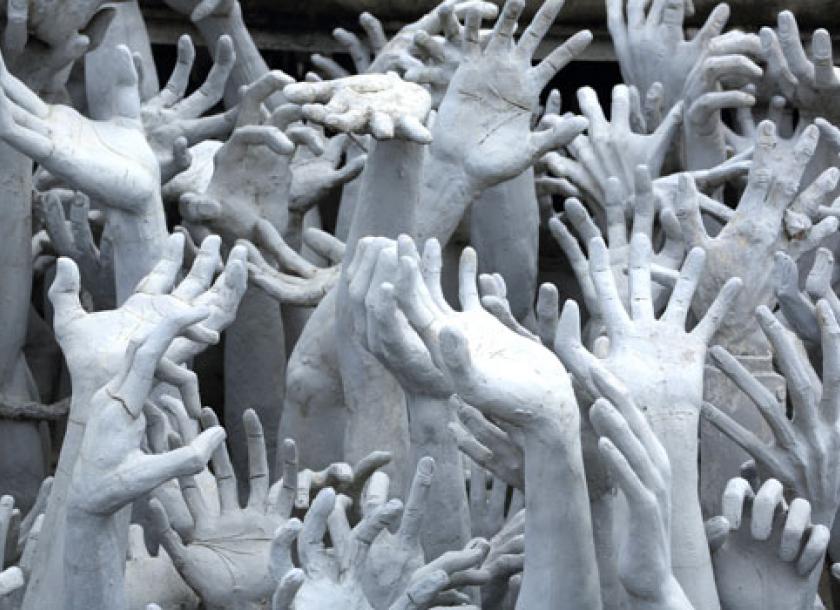
Being Present with Suffering: The Role of the Acupuncturist as Healer
What is the role of a healer? Many would say, to alleviate suffering. This is the goal. However, the process is far more complex than simply pressing a button, giving the right pill or putting together the correct acupuncture point combination. If it was so simple, the healing process would be a breeze.
Healing is an art, whether it is through conventional Western or Eastern alternative medicine. A practitioner can utilize his or her diagnostic capabilities, clinical experience and learned medical theories. However, there is something far more subtle that creates the healing process. My teacher calls this subtlety “resonance.” Resonance comes from a combination of empathy, identification, shared language and open-hearted compassion. It is something that is developed and built over time. When a patient first comes to see a healer, most likely they are not going to expose the more sensitive, deeper aspects of themselves. Just as in any relationship, deeper communication comes with time, after trust and connection have been cultivated.
At one time I thought the healing process was purely scientific. I believed in theories and diagnostics; I thought connecting the two would create instant results. I soon learned, the healing process is not that simple. There is another, more powerful aspect to the human being that was left out of this line of thinking: the spirit.
Within my own healing practice as an acupuncturist, I’ve seen the need for spiritual practice to support me in my work. Being a healer brings up some big existential questions: about life, death, suffering and human nature. These are questions that are much bigger than science, in my opinion. I haven’t found satisfactory explanations to them anywhere else but in the profound spiritual traditions of the world, especially Buddhism and Taoism.
Much of the Buddhist spiritual tradition is devoted to understanding suffering. Every person who comes to me as a patient is dealing with suffering at some level. It can be tremendous pressure for a healer to feel he has to take away the suffering of his patients. It can be overwhelming. Feeling overcome by the weight of this pressure, I asked my teacher about suffering and being a healer. His response: “a healer should not feel he is healing another person. The is arrogance. He is merely instigating a healing change. It is up to the patients to heal themselves. As for suffering: pain is endemic to life. However, it is only when we deny our pain that we suffer. To be a healer is to be present with another person’s suffering. Not necessarily to take it away. But to help them also be present with their suffering and cultivate the courage and ability to let it go.”
To be present with another person’s suffering is also to be present with our own suffering. More often than not, the suffering my patients bring into the treatment room resonates with my own suffering. Sometimes it is suffering I have been able to let go of, other times it is suffering I am still working through. At times it can be challenging to be present with this suffering. It always shows me where I am stuck in my own spiritual cultivation and personal healing.
Being a healer can sound heavy and difficult, however it is also redemptive and full of grace. If one allows oneself to be fully involved in the process, being a healer helps develop true compassion and loving kindness in a very profound way. I see myself in all of my patients; as I develop compassion and loving kindness for them, I am also developing it for myself. These practices are the bedrock of Buddhist spiritual practice. The ultimate goal is to eventually “be one” with all of humanity: to cease seeing division between the self and others. And also, to forgive ourselves and cultivate the ability to be fully in the present moment, ideally with some humor and lightness!
I’ve often admired the centeredness, patience and lightness I’ve observed in certain healers I’ve worked with. They seemed present and committed, yet at the same time totally without expectation or pressure during the healing process. They’d sit and listen, often without saying very much. My first mentor described the healing process as similar to tending a garden. “Some plants grow very fast, others take longer,” she’d say. “Sometimes you have to pull out the weeds; other times you must add nourishing soil, water and plant food. Gardening requires patience and gentleness. All in nature’s time.” Going to her office always felt very light, loving and even fun and magical: much like gardening. She saw my potential to be a beautiful, majestic being in full bloom, proceeding with serious focus in instigating the healing process. There was a light touch to all that she did. However, never for a moment did I discount the tremendous power and strength with which she practiced her art.
I aspire to be such a healer myself. I feel blessed with having had such powerful mentors to inspire and guide me. I am also tremendously grateful to have been given a vocation that allows me to practice and cultivate as a compassionate human being. I’ve always felt, in some way, my patients are also healing me.
To save a life is a very impressive thing. To support a person to really live his or her life, is spiritual work. It is the statement of Buddhism that all of us must face suffering and pain throughout human life. The questions become, how are we living life? How present are we? How aware are we of who we are and what we are doing? How free do we feel? What are we doing with our suffering? The garden exists, but how are we tending it? To die is not always the most difficult thing; sometimes to live is very challenging as well. This is the aspect of the healing process I am most interested in: our ability to transcend suffering, open up and let go. And through our suffering, develop an open heart with which we can connect to others.


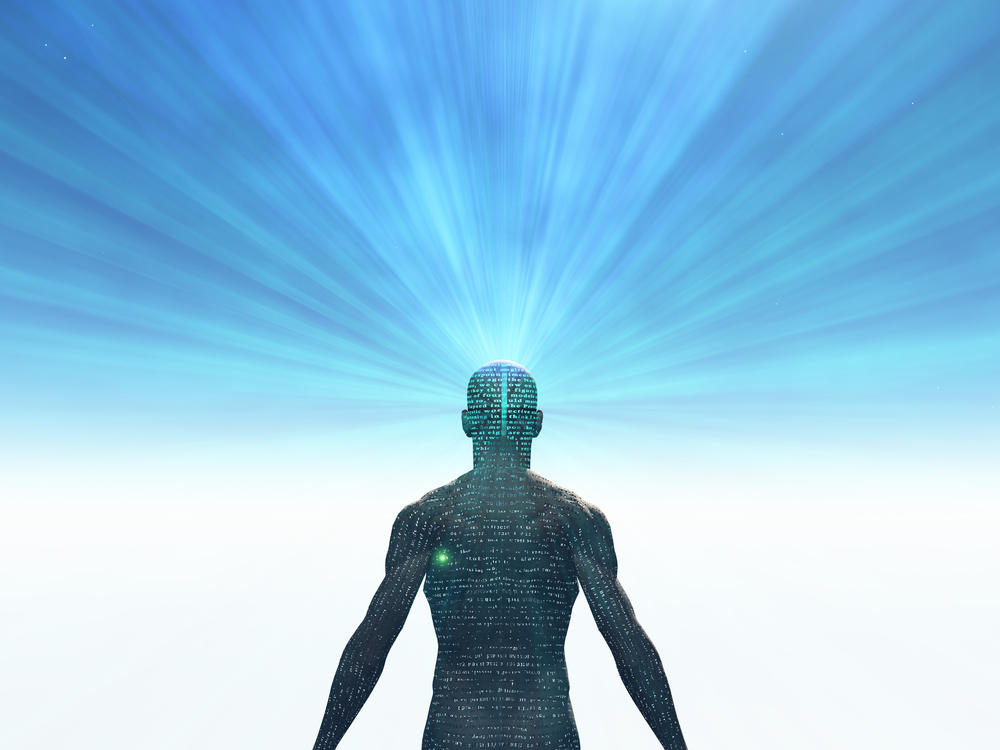
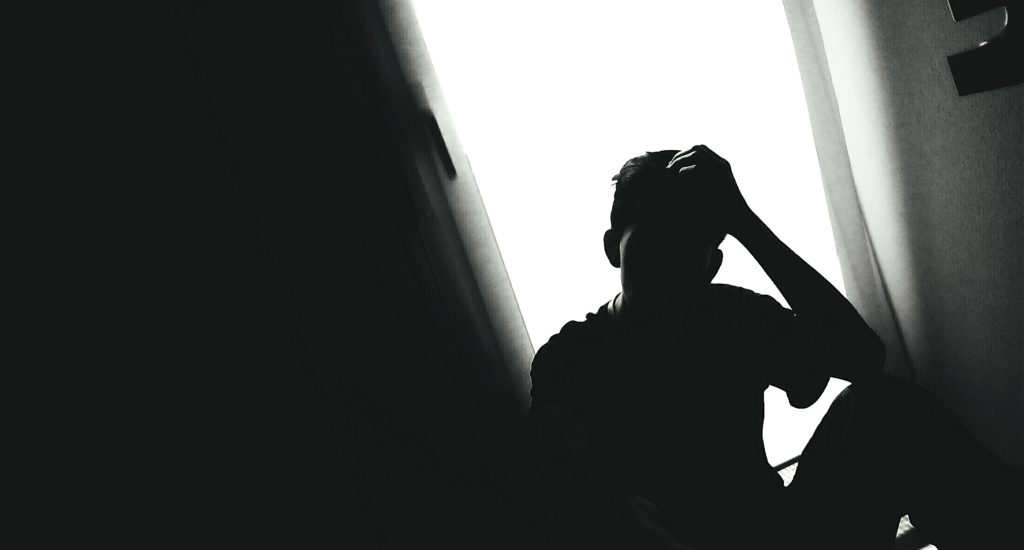
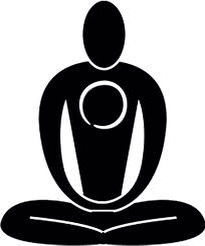
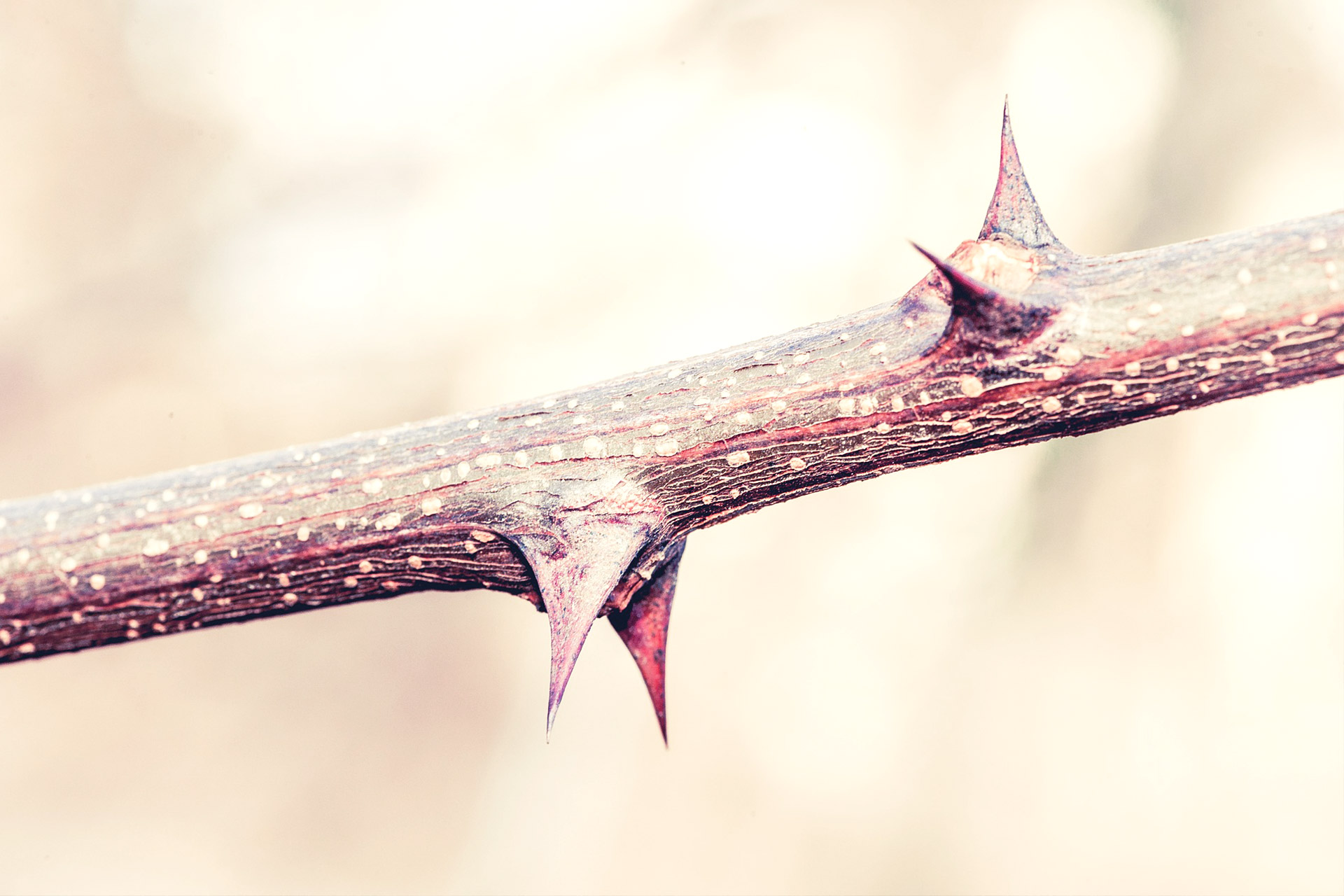


No Comments